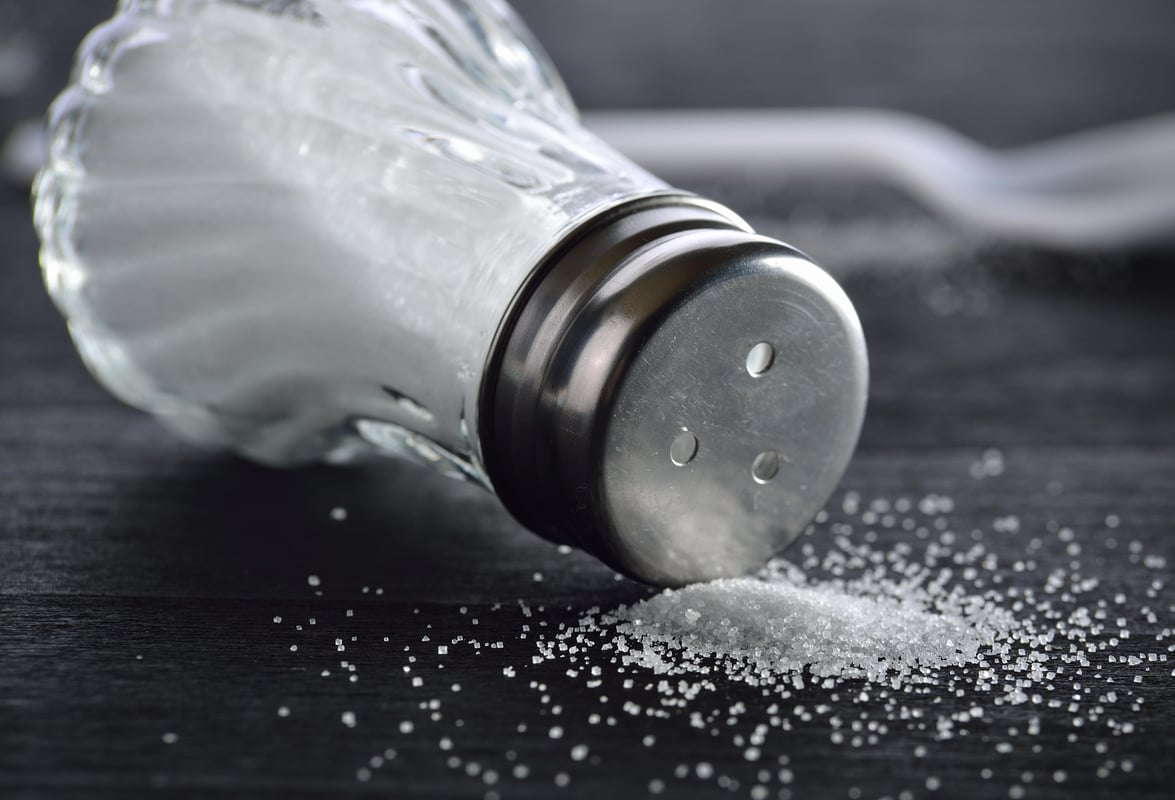Cutting 1 g Salt Per Day in China Could Save 4 Million Lives

THURSDAY, Aug. 18, 2022 (HealthDay News) -- Reducing the high salt intake levels in China could result in large declines in cardiovascular disease (CVD) events and death, according to a study published online Aug. 16 in BMJ Nutrition, Prevention & Health.
Monique Tan, Ph.D., from the Queen Mary University of London, and colleagues estimated the potential impact of reducing salt intake on CVD events in China.
The researchers found that reducing population salt intake in China by 1 g per day could lower the risk for ischemic heart disease by about 4 percent and the risk for stroke by about 6 percent. If this reduction could be sustained until 2030, approximately 9 million CVD events could be prevented, of which about 4 million would have been fatal. Even greater salt intake reductions, like the World Health Organization target of a 30 percent reduction by 2025 or the Chinese government’s target of ≤5 g per day by 2030, could prevent 1.5 and two times more CVD events and deaths, respectively.
“A salt reduction program that is workable, coherent, sustainable, and targeting current and upcoming major dietary sources of salt in China is urgently needed,” the authors write. “As the most populous country in the world with a population of 1.4 billion, reducing salt intake in China would also considerably improve global health.”
Related Posts
Los niños sin vacunar tenían el doble de probabilidades de ser hospitalizados durante la oleada de ómicron
MIÉRCOLES, 20 de abril de 2022 (HealthDay News) -- Casi 9 de cada 10 niños de 5...
Even During Omicron, Pfizer Vaccine Slashed Hospitalizations for Kids Aged 5 to 11
THURSDAY, March 31, 2022 (HealthDay News) -- The Pfizer COVID vaccine...
Sarcopenia Worsens Liver Transplant Outcomes for Patients With Cirrhosis
THURSDAY, Oct. 5, 2023 (HealthDay News) -- Sarcopenia is associated with adverse...
